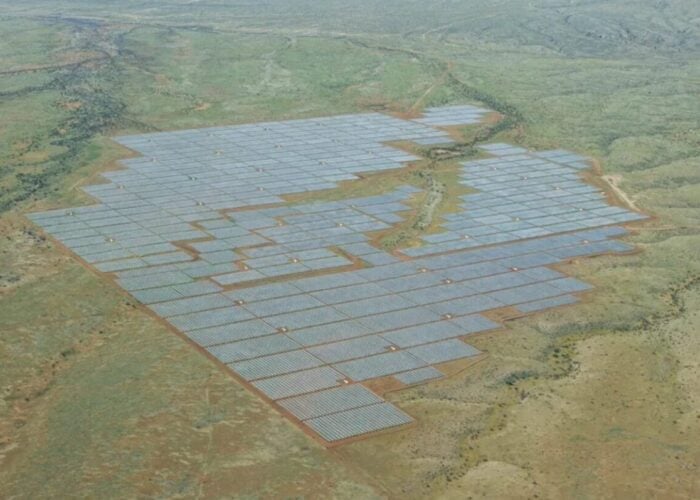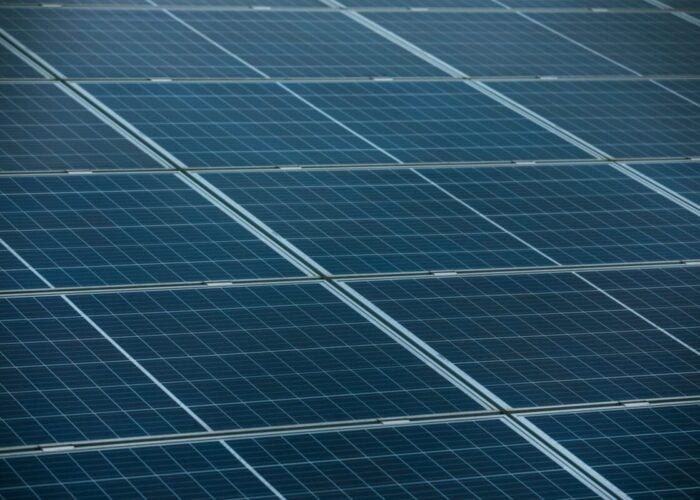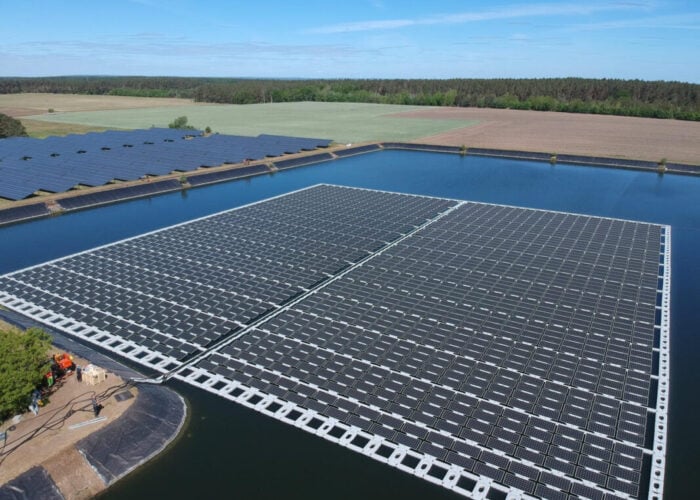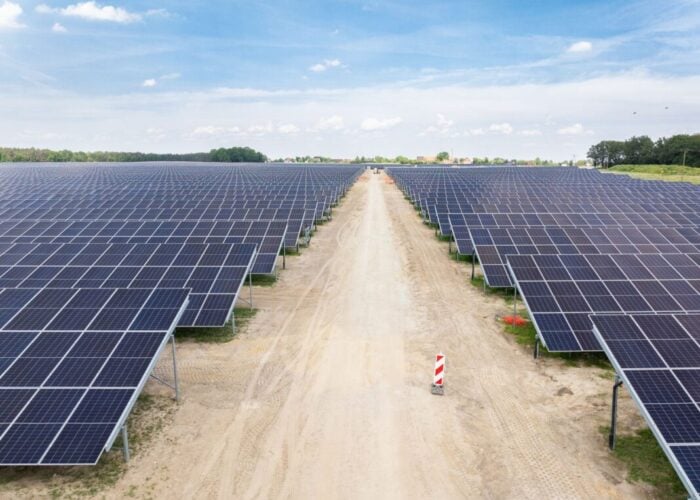Last week Belectric landed its first tenders in Turkey within the country’s second and third tendering rounds for utility-scale projects, marking the first real signs of progress in a hotly anticipated market for the solar PV industry. But despite its undoubted potential, the rush from companies to gain entry into the market – some 9GW of tenders were submitted for Turkey’s initial tranche of projects totalling 600MW – has led to uncertainties regarding bid price and a number of interested operators having second thoughts. Cenap Kuloglu, managing director at Belectric’s Turkish joint-venture Belectric Kuloglu, spoke to PV Tech about the two projects and the wider Turkish market.
Unlock unlimited access for 12 whole months of distinctive global analysis
Photovoltaics International is now included.
- Regular insight and analysis of the industry’s biggest developments
- In-depth interviews with the industry’s leading figures
- Unlimited digital access to the PV Tech Power journal catalogue
- Unlimited digital access to the Photovoltaics International journal catalogue
- Access to more than 1,000 technical papers
- Discounts on Solar Media’s portfolio of events, in-person and virtual
What’s next for the projects?
Within the next two to three months, latest by the end of June, we expect to have the preliminary license documents in our hands after having provided bank guarantees to Turkey’s transmission company, TEIAS. With the preliminary license documents, we can then start to apply for both construction-related permissions, such as zoning plans, and grid connection-related permissions. Once those are fulfilled, then we will be awarded the licence. This is a relatively new path to get a licence, in the latest regulation regarding the licensing process published on the 2 November 2013, the preliminary license was defined and the following permissions which then lead to a license for the respective project.
Is there any prospective build-date you’re working towards?
Receiving the appropriate permissions will take approximately 12 months before the actual construction of the solar power projects can start, so we hope to be able to start building in July/August 2016. This is a fairly conservative estimate however and it could be sooner assuming a quicker permission process in the region.
Have you made any decisions regarding which technology is to be used?
Belectric is independent of any PV panel producer, therefore we will decide on this issue jointly together with our investor partners on the basis of LCOE calculations using different technologies.
Are there any conditions in the tender process that promote the use of domestic companies?
There is an incentive to use local content which of course has an impact on the contribution fees per MW AC connection capacity in the tender process. We aim to produce our substructure parts here in Turkey. This will enable us to receive an additional 0.08 US cents in the first five years of operations, which means the feed-in tariff goes up to 14.1 US cents in the first five years of the operations.
Have they secured financing already?
Our investing partners and we have close contacts to banks which would be willing to provide project financing.
How long is the feed-in tariff applicable for?
The feed-in tariff is only available for ten years. However, we expect that the market fundamentals here in Turkey would allow us to sell the produced electricity at a minimum price of 10 US cents/kWh after the first ten years. In our feasibility model we assume a minimum yearly increase of 1.5 % of the electricity prices.
Could you give a little more insight into the tender process in Turkey?
It’s a transparent process with everyone submitting their figure in an envelope, and the highest amount of contribution fee per MW receives the tender. There was a pilot tender in May 2014 and the most recent tenders that we were involved in took place on the 29 and 30 of January. Our two projects won on the 29 of January, and the prices went up on the 30 because everybody had seen the disclosed prices and adjusted their own as a result. Of course, the key issue is making profitable investments, not winning a tender! I do expect in the coming tenders that this overreaction will not happen again.
What are your thoughts on the potential of the market?
Currently, approximately 50% of electricity produced in Turkey comes through gas power plants. Gas and oil imports are the major drivers for the current account deficit of roughly US$50 billion per annum. In future, peak demand of electricity should be covered mainly by solar power plants. Current gas plants should run as hybrid solutions: solar power and gas, and only when no solar is available should gas power be used. Gas would become a “storage medium for energy”, and gas imports can be reduced to a level of half of today over the next 10 years. In addition, our dependency on oil should be reduced through more solar power combined with e-charging stations to be developed and introduce a mass market e-car made in Turkey, which should be marketed domestically with additional incentives. People using an e-car should get an additional US$100 per month for three years from the Treasury of the Republic of Turkey for example, with this “add on salary per month” acting as an incentive for people’s contribution to reduce the current account deficit of the country. As we have widely observed over the last few years, the traditional car makers are not ready to launch a mass market e-car yet. Therefore, I firmly believe this Turkish origin e-car can be exported to further emerging markets.






